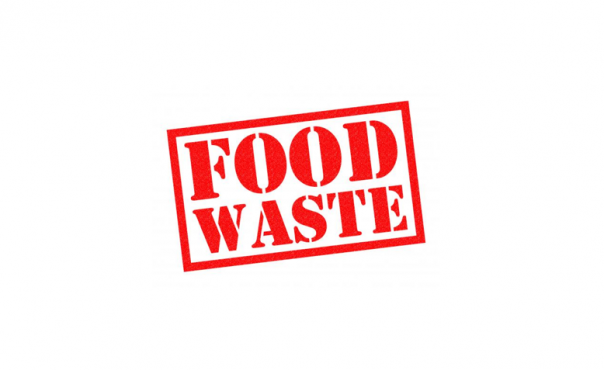
Against a backdrop of rising food prices and impacts on the supply chain, the collective efforts of the UK’s retailers, food manufacturers, hospitality & food service businesses and the voluntary sector have still managed a 16% increase in surplus food redistribution in 2021.
In that year alone, more than 106,000 tonnes of surplus food - the equivalent of 253 million meals - were redistributed via charitable and commercial outlets with a value of more than £330 million. In 2021, charities handled six times more surplus food than in 2015.
Catherine David, director collaboration and change at WRAP, said: “Wasting food also feeds climate change, as all the resources taken to produce the food are thrown in the bin with it. We urge all food businesses and their suppliers to adopt our guidance on redistribution as a priority and help more food get to the people who need it. The surplus food is there, and there is so much more that could be saved at this difficult time for UK families.”
Redistribution has more than tripled since WRAP first reported figures in 2015. An estimated 426,000 tonnes of surplus food worth more than £1.3 billion has been saved from wastage - the equivalent of more than a billion meals in six years.
Charlotte Hill OBE, chief executive of The Felix Project, added: "In the last three years The Felix Project has increased redistribution of surplus food from six million meals to an incredible 40 million meals rescued and delivered for those most in need.
“We are so thankful to Defra for generously funding our newest East London depot, allowing us the extra capacity to rescue more good food than ever before. Now, in the face of a worsening cost-of-living crisis, it is even more vital that we work together to get food to our 1,000 community partners across London and to maximise the social value of this surplus food.”